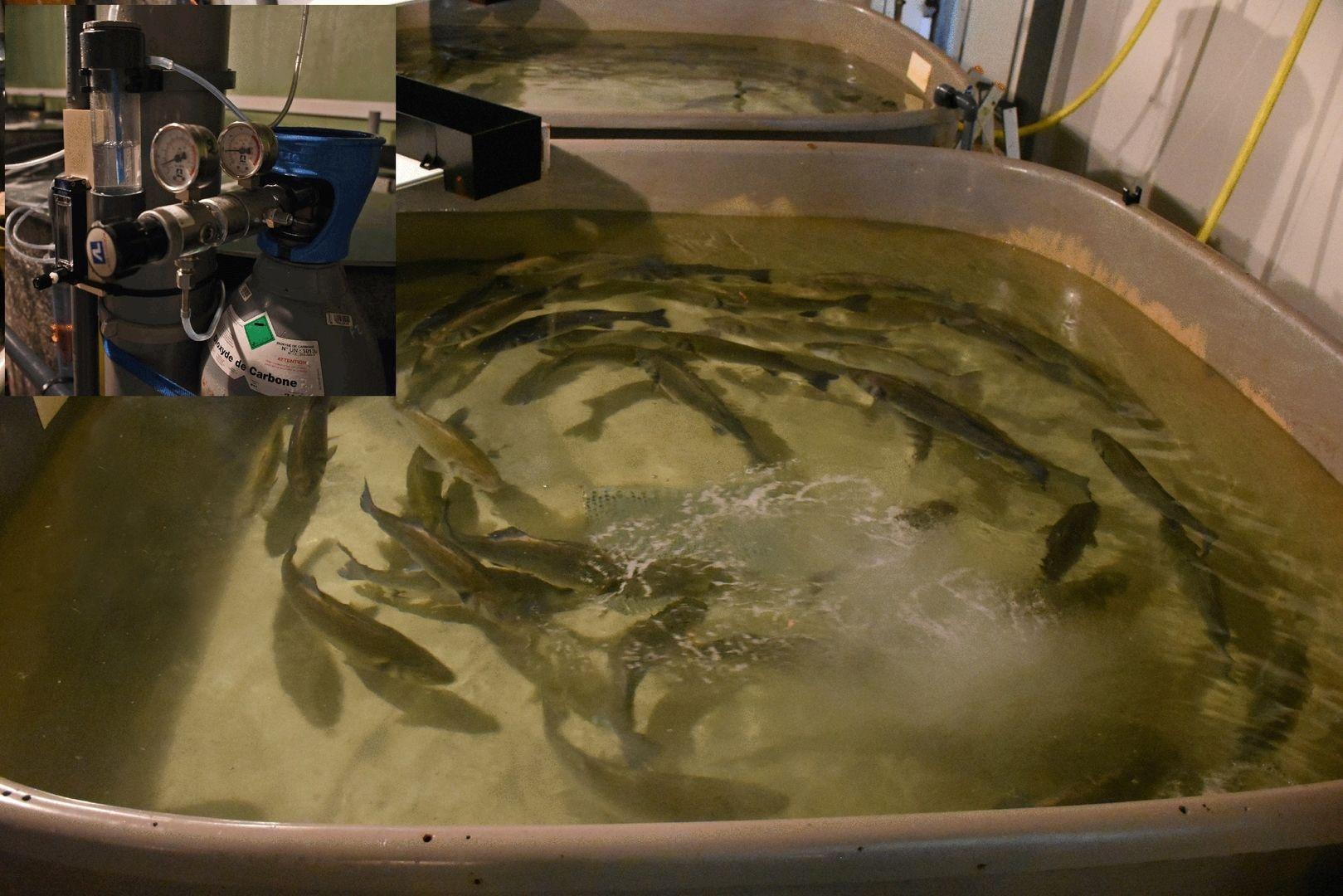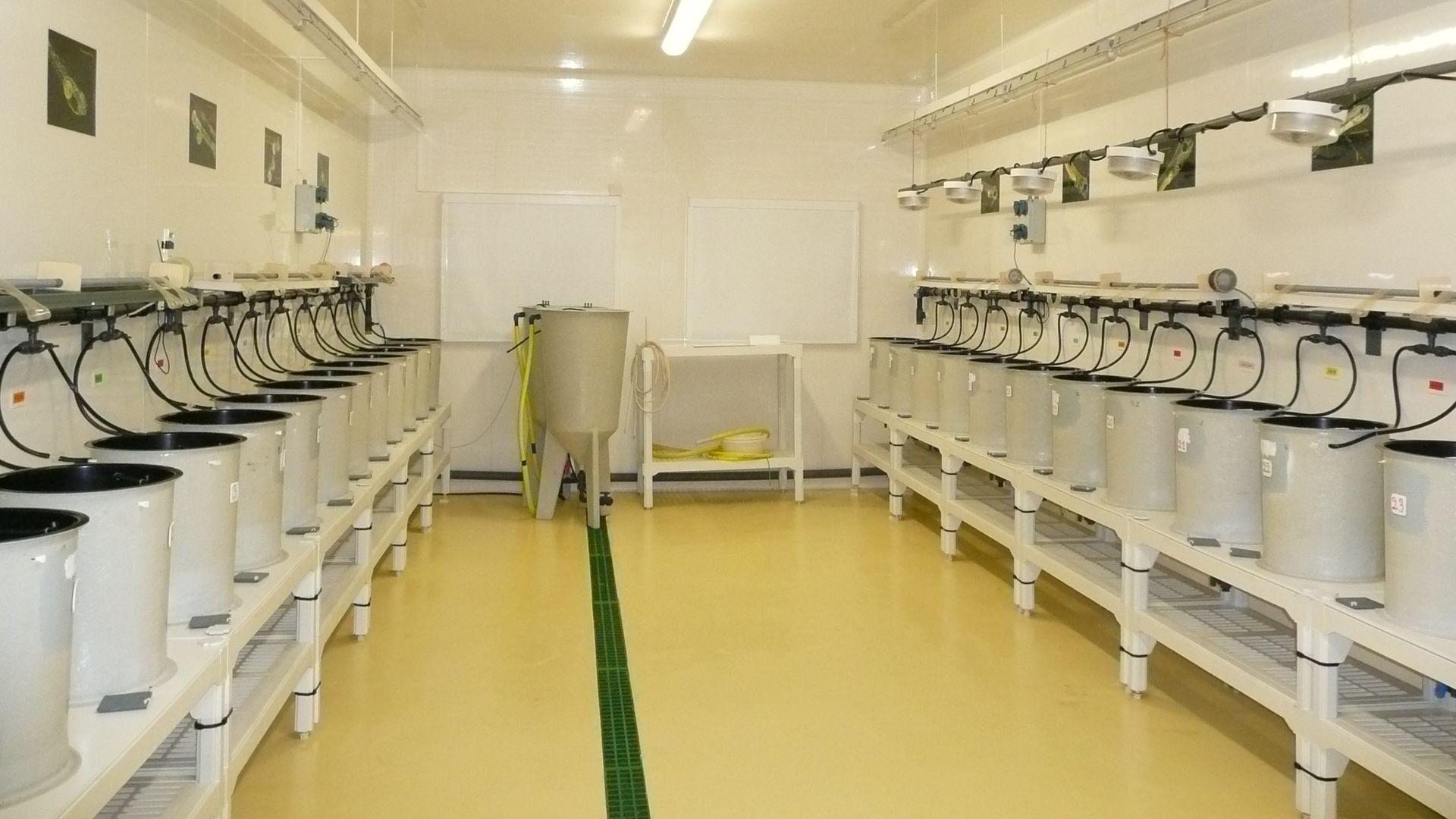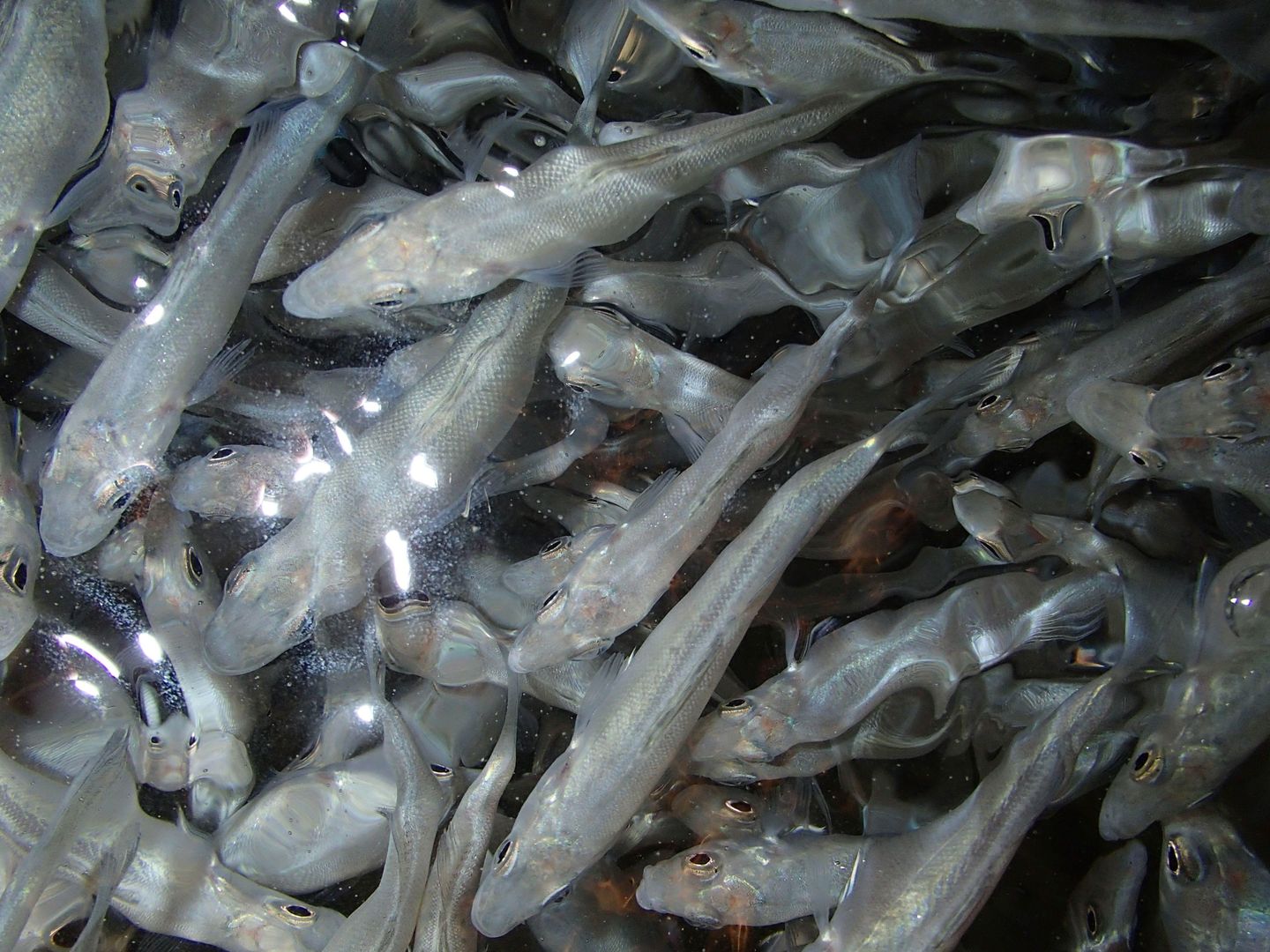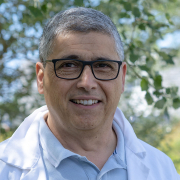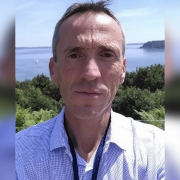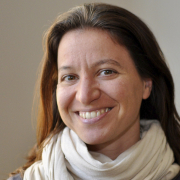Copyright : Laboratoire LEMAR- 2018
Prof. Guy Claireaux
National
Fondation pour la Recherche sur la Biodiversité
Ministère de la Transition Ecologique et Solidaire
Start Date
03/04/2025
End Date
03/04/2025
The increase in atmospheric CO2 emissions and their absorption by the oceans is causing a drop in the pH of marine waters. This ocean acidification (AO) is likely to disrupt the functioning of marine ecosystems and endanger the species that inhabit them. The scientific community has rapidly mobilised and made undeniable progress in understanding biological responses to AO, by targeting a small number of species. However, despite their economic, ecological and heritage importance, there are very few studies that have addressed the case of fish. Moreover, the results obtained are often too limited in ecological scope to allow conclusions to be drawn about the capacity of a fish stock or species to respond (plasticity) or adapt (genetics, epigenetics) to AO. However, assessing the ability of fish to respond to AO is crucial, not only because these organisms are a major component of marine ecosystems, but also because they are essential to the prosperity and food supply of human populations. Globally, the fisheries and aquaculture sectors employ 55 million people, who supply around 15% of their animal protein needs to nearly 4.5 billion consumers.
It is in this context that we wanted
- Study 2 scenarios of ocean acidification evolution, projected for 2050 (pCO2=800µatm, pH=7.8) and for 2100 (pCO2=1200µatm, pH=7.6)
- Testing the physiological responses implemented by a species of fisheries and aquaculture interest the European sea bass (Dicentrarchus labrax) throughout its life cycle
In 2013 started the FITNESS project (collaboration with Germany, the University of Hamburg and the Alfred Wegener Institute (AWI)), exposing larvae from hatching to the 2 scenarios mentioned above.
In 2017, the larvae became adult sea bass, starting their sexual maturation. The PACIO project will be able to initiate for the first time studies on the transgenerational effects of acidification on a long-lived fish. It should also be noted that PACIO will combine acidification and ocean warming, taking into account two temperatures, 15° and 20°C.
#top .avia-gallery.av-av_gallery-f948d4e50cd2a8e3a98f2ebd222cb3de .avia-gallery-thumb a{ width:33.3333%; }Laboratory Members
Contributors
L. Cominassi (Doctorante Univ Hambourg)
S. Howald (Doctorante AWI)
M. Moyano (Assistant-Professor Univ. Hambourg)
F. Mark (Researcher AWI)
M. Peck (Prof. Univ Hambourg)

